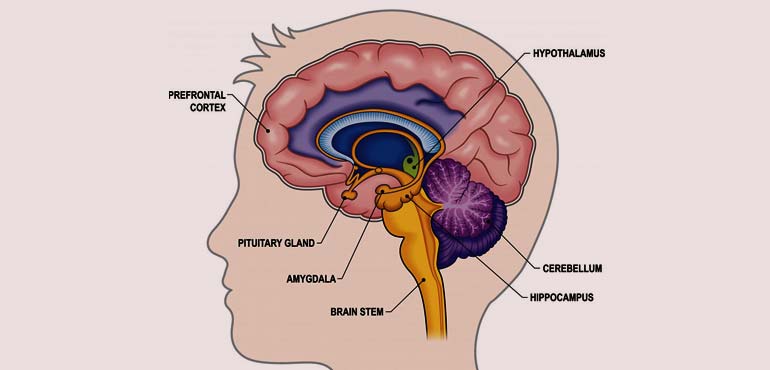Where is Memory Stored in The Brain?

- How and where is memory stored in the brain?
- Can you measure and calculate the memory storage capacity?
- Is memory stored in complete recollections or small bits?
- What enables you to recall memory?
How Important is the Memory?
Mark Lawrence, in his work “King of Thorns”, claims that a human being is nothing without memory. He says, “Memory is all we are…. Take a man’s memory and you take all of him”.
As Amen (2017) the author of “Memory rescue: supercharge your brain, reverse memory loss, and remember what matters most” puts it, memory is the fabric of your souls as it enables you to integrate and make sense of the experiences of your bodies, minds and spirits.
Knowing and Harnessing Brain Powers:
Did you know the power of the brain is greater than anything you might have previously imagined? Sir Charles Sherrington, a Noble Prize laureate in neurophysiology, in 1941 called the brain an “enchanted loom” where a meaningful pattern is weaved by “millions of flashing shuttles”.
While trying to calculate the number of possible thought patterns in an average human brain, Professor Pyotr Anokhin of Moscow State University reached the conclusion that the number of connections is “virtually infinite”.
Thomas Edison, one of the greatest inventors of all times, once said, “If we did all the things we are capable of doing, we’d literally astound ourselves”.
You might have heard that brain loses its efficiency as you age, but Breznitz et al (2012) in their book “Maximum Brainpower: Challenging the Brain for Health and Wisdom” claim just the opposite of it. According to them, you can keep your brain sharp and cognitively fit by maximizing the brain power, especially as you age. And the fit brain is the most important factor to ensure a long, healthy and active life.
Poetry on Brain:
When it comes to the awe-inspiring power of the brain, the scientists and poets can be seen on the same page. For example, Gelb et al (2012) in their book, “Brain Power: Improve Your Mind as You Age” quote Emily Dickinson as saying:
The brain is wider than the sky, For, put them side by side, The one the other will include With ease, and you beside. The brain is deeper than the sea, For, hold them, blue to blue, The one the other will absorb, As sponges, buckets do.
Where is Memory Stored in the Brain?
Every day you observe and experience things and go on adding new information in to your master organ. Though you may at times find it difficult to absorb new things, the capacity of your brain never seems to be exhausted. But how and where is memory stored in the brain?
According to Amen (2017) the author of “Memory rescue: supercharge your brain, reverse memory loss, and remember what matters most”, the brain’s storage capacity is vast. He however adds, “It is almost impossible to calculate exactly how many memories and pieces of information the human beings can hold in their brain”.
Stages of Memory Creation, Storage & Recall:
There are three main stages, namely, encoding, storage and recall. You make memories with your senses of touch, taste, smell, sight and hearing. Memories are formed when your brain processes your experiences, whether it be through consciously focusing on something (such as studying) or subconsciously making associations (such as when you attach emotional significance to new pieces of information).
Every new experience triggers the creation of new connections in the brain. Meanwhile, it also rewires itself through the process called neuroplasticity. Here follows a brief overview of the three stages involved in memory:
Encoding:
It marks the first step to creating memory. Encoding occurs when the brain attaches meaning to a new experience or findsout why something happened. Studies have revealed that when you associate things with a purpose, you are better able to remember them and retain them longer.
Storage:
Storage is the second step in memory creation. Studies suggest that the brain does not store memories in complete, exact recollections which can simply be retrieved. Rather, memories are stored in small pieces and scattered across different parts of your brain.
The hippocampus is regarded as the critical gateway to the long-term storage of information. In case a damage occurs to this part of the brain, you won’t be able to recall what happened yesterday.
Recall:
Recalling is simply how your brain retrieves a stored information (memory). During recall, memory is reconstructed from the smaller, stored pieces of information. Remembering is not an exact replay of the experience but an act of creative reimagining. That is why, memories tend to change over time. However, when you repeatedly work your memory, it gets strengthened over time.
